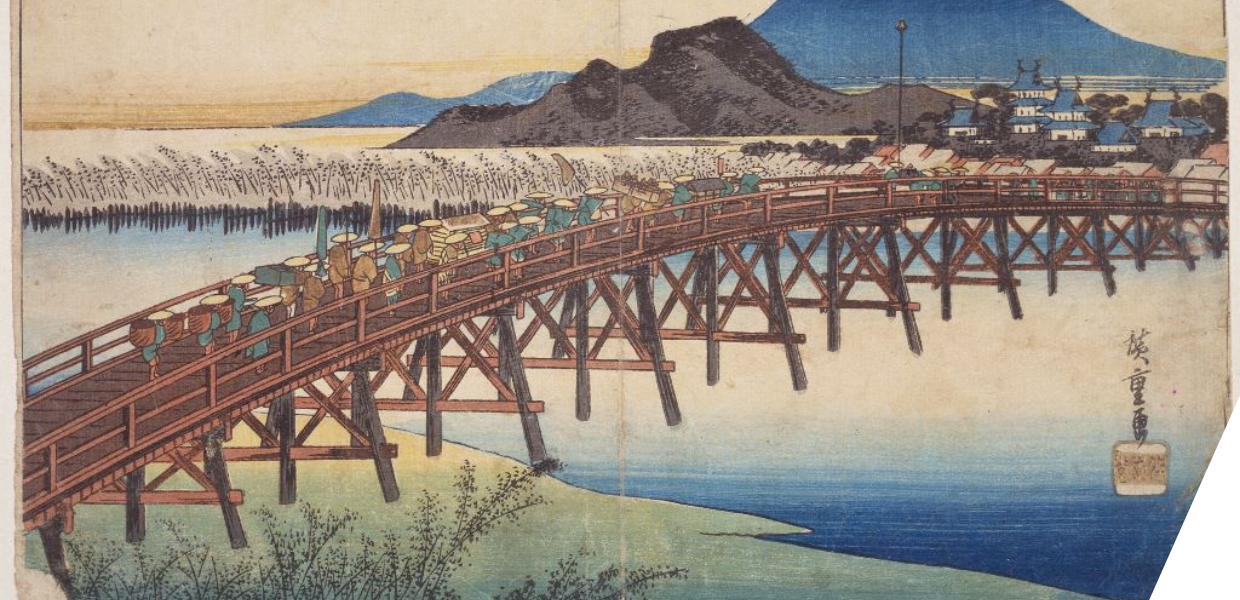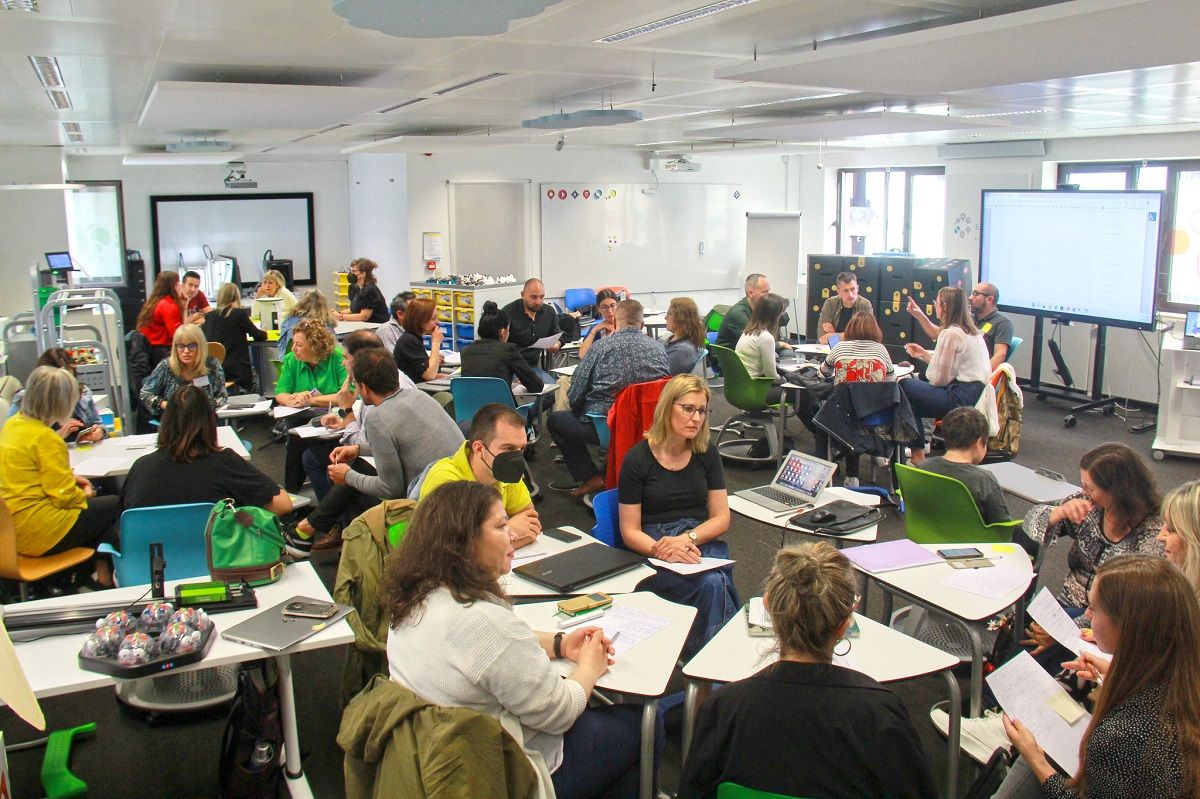The effort, which was supported by a group of resourceful Europeana educators, engaged more than 1,600 primary and secondary school teachers, museum educators, and other cultural heritage professionals. This enthusiastic community created educational resources with Europeana content or used them in formal and non-formal educational activities, impacting almost 13,000 students. What innovative activities did Europeana and European Schoolnet organise to ensure this engagement?
'Digital Education with Cultural Heritage' MOOC re-run
The 'Digital Education with Cultural Heritage' MOOC re-run offered participants the chance to deepen their knowledge of digital cultural heritage in four languages: English, Italian, Greek and, for the very first time, Croatian. The English version kicked off in early February and ran until late March, while the other language versions started a few weeks later and ended in mid-May.
About 2,500 educators registered for the MOOC re-run, which presented updated content and new activities compared to the 2021 edition. Over one fifth of participants successfully completed the online course, which attracted educators from more than 50 countries, mainly secondary school teachers. Participants were invited to explore ways to bridge the gap between formal and non-formal education, using digital cultural heritage and innovative pedagogies. The course also showcased examples and good practices to inspire and help participants design their own learning experience.
The Teaching with Europeana blog
With more than 98,000 page views and over 34,000 users accessing its content between September 2021 - June 2022, the Teaching with Europeana blog has been shown to be a valuable tool for educators. It provides a free space to discuss and reflect on educational practices, while showcasing a wide range of learning resources to easily integrate digital cultural heritage into everyday educational practices.
Since September 2021, about 100 new learning scenarios and over 20 stories of implementation have been produced for the blog. These offer inspiration and guidance to educators who want to bring cultural heritage into their activities, overcoming the gap between formal and non-formal education. The significant number of new contributions is the result of the engagement and work of a large community made up of 11 teacher ambassadors and three museum ambassadors, 99 Europeana User Group teachers, 13 Europeana User Group museum educators and participants of the ‘Digital Education with Cultural Heritage’ MOOC re-run.
Europeana Education Competition 2022
The Europeana Education Competition 2022 invited primary and secondary school teachers, non-formal educators and cultural heritage professionals to find innovative ways of using artistic and scientific educational heritage in their activities. 111 entries were submitted from 18 different countries, and the authors of the 21 best resources were rewarded with an invitation to a face-to-face workshop at the Future Classroom Lab in Brussels.
The Europeana workshop
After two long years, the first post-pandemic face-to-face workshop organised by European Schoolnet with the support of Europeana took place between the 10 - 11 June. 35 Europeana educators, including 14 Ambassadors and the 21 winners of the Europeana Education Competition 2022 met at the Future Classroom Lab to share their experience and be inspired. On the first day, participants discussed the differences and similarities of their educational contexts, explored Europeana future developments and shared perspectives on digital resources.
On the second day, participants worked collaboratively to give tips and share their pedagogical experiences about creating resources, mentoring programmes, and interdisciplinary approaches to digital cultural heritage. Then, they moved to the House of European History where they attended a workshop dedicated to Built with Bits, a mentoring programme related to New European Bauhaus.



